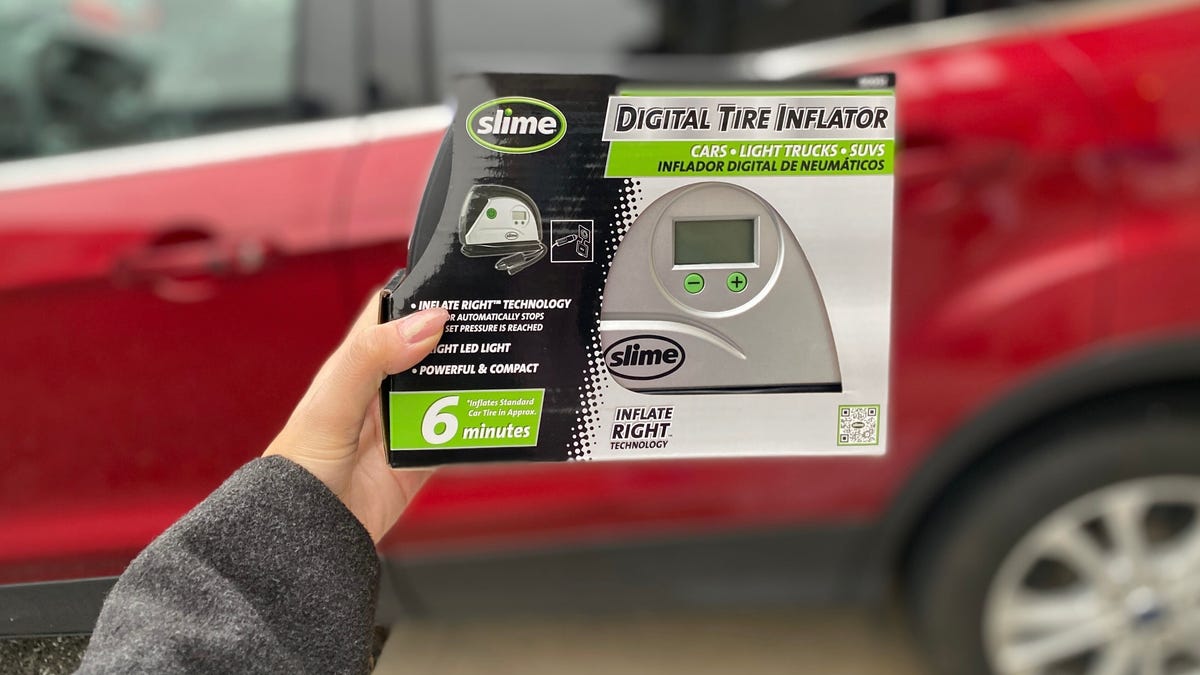Can Medicare save the insurtech market? – TechCrunch
Insurtech companies have certainly fallen from grace over the last year. This tweet my friend Rick Zullo sent before the recent tech fallout well summarizes the market sentiment around the industry:
You can now buy $ROOT, $HIPO, $MILE, $CLOV, $OSCR and $LMND for the combined price of just over $5b. These companies collectively raised >$10b. — Rick Zullo, Feb 23, 2022
How is it possible that an over $5 trillion industry growing at more than 6% cannot seem to attract investment capital? Have investors picked the wrong business models, or are there pockets within insurtech that have been ignored?
Attempts to replace legacy insurance systems have seen mixed results, at best. Perhaps seeking to optimize, rather than override, these legacy systems is the more defensible approach. Perhaps a coverage system implemented nearly 60 years ago presents the ideal scaffolding to build upon today.
Enter Medicare…
Medicare is a formidable market, both in terms of people and dollars. About 11,000 people turn 65 every day in the U.S., and Medicare spending is expected to reach $1.5 trillion in 2030. Enrollment in private Medicare has doubled from 2010 to 2020 and is expected to accelerate further over the next 10 years.
Instead of competing with independent agents head-on, there is a much bigger opportunity in forging win-win alliances between startups and agents.
We’re not the first to realize the size of this market, so it must be an exciting space to invest in, right? Well, not quite.
GoHealth, a marketplace for Medicare plans, had a blockbuster IPO in 2020, raising $914 million in a massively oversubscribed offering. Today, its market cap is slightly more than $160 million off over $800 million in annual revenue, and its CFO resigned abruptly earlier this year.
A legacy player in the space since the late ‘90s, eHealth has also struggled a fair bit — its stock is down over 90% from its peak.
So why are we even discussing Medicare as an investment opportunity? We’ve distilled our perspective/thesis to six key factors:
High complexity creates an opportunity for acquisition
Purchasing Medicare is a complex choice with a plethora of inputs and downstream impacts. The average senior must choose between 57 different plan options, and most can’t tell them apart.




